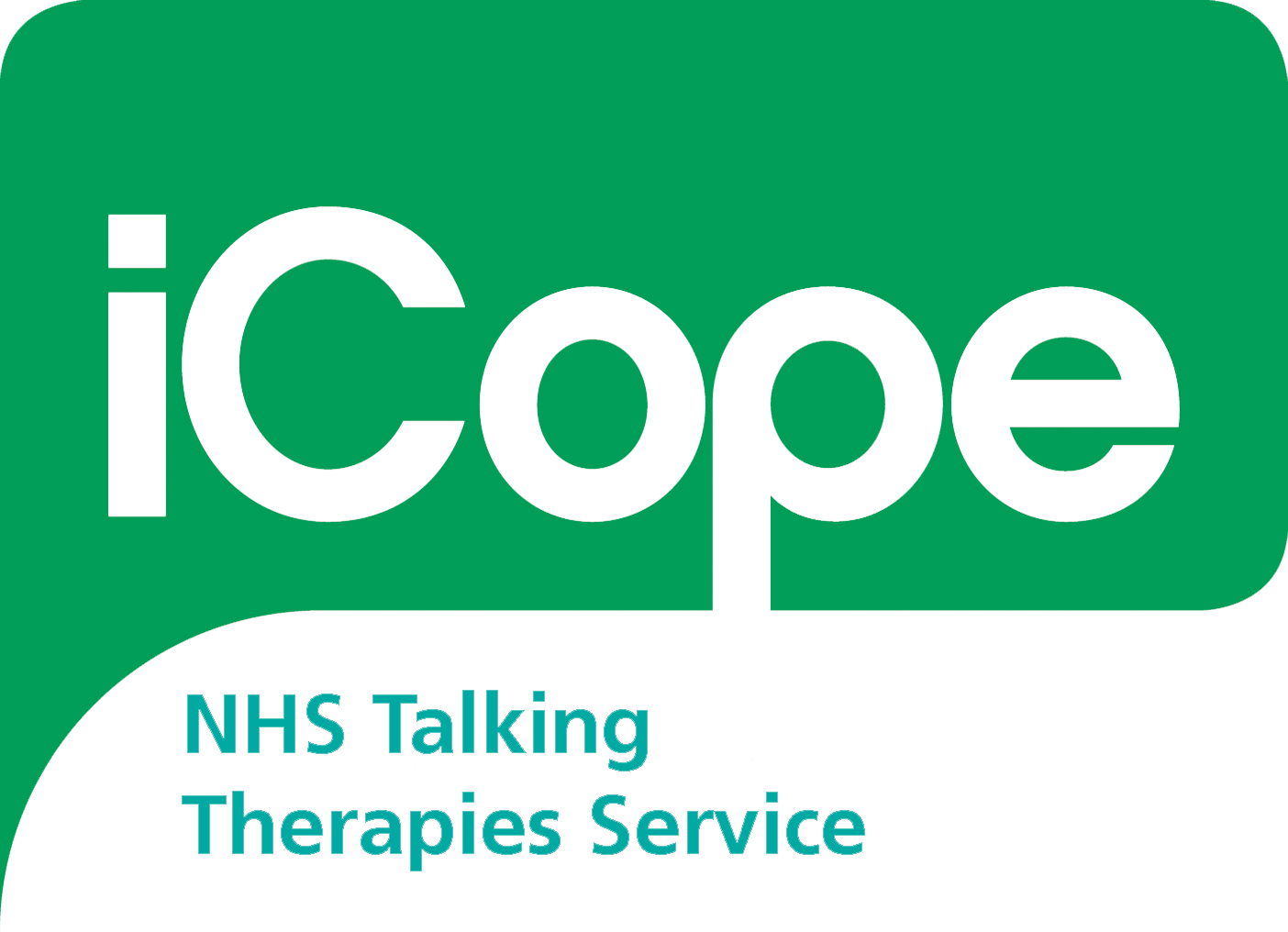Do you?
- find it difficult to fall asleep
- wake up during the night
- wake up early in the morning
- feel irritable and tired all the time
- find it difficult to function during the day
What is insomnia?
Insomnia is difficulty getting to sleep or staying asleep for long enough to feel refreshed the next morning, even though you’ve had enough opportunity to sleep.
It’s difficult to define what normal sleep is because everyone is different. Your age, lifestyle, environment and diet all play a part in influencing the amount of sleep you need.
The relationship between sleep and mental health
Sleep problems are the most common cause of poor mental health.
Sleep problems have a direct negative impact on quality of life, and can increase the risk of developing further psychological problems such as anxiety or depression. Up to 80% of patients with major depression report sleep disturbances. And research shows that poor sleep can make existing problems worse, can maintain mental health issues longer and also act as a barrier to successful treatment. Furthermore, insomnia can increase the risk of developing of a variety of other chronic illnesses including cardiovascular disease, chronic pain disorders, obesity and diabetes.




